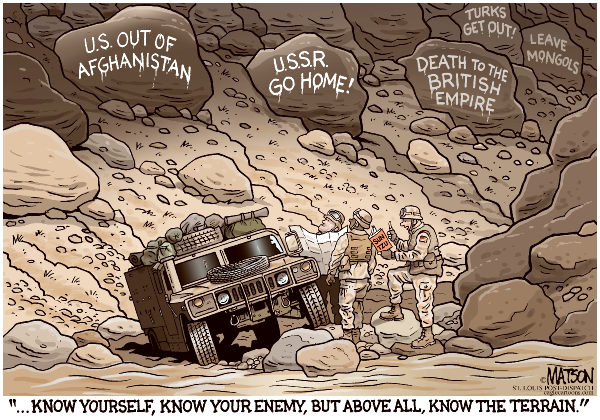
In the following year, US commandos killed Osama bin Laden at his compound in Pakistan, dealing a crushing blow to Al-Qaeda. Fearing that a Taliban resurgence could upset the balance of power and erase all its achievements, President Barack Obama deployed yet more US troops to Afghanistan, their number reaching almost 100,000 by 2010. The Taliban, in the meantime, rose from the ashes, rebuilding its combat capabilities to such a degree that it emerged as a major threat yet again. Whether these gains can be sustained once the Americans are gone is questionable.ĭespite these evident signs of progress, corruption remained endemic, with international aid dollars being misappropriated or stolen, and the lucrative drug trade continued to flourish. The Taliban had forbidden girls to be educated, but now they could finish high school, attend university and join the work force.
/arc-anglerfish-arc2-prod-sltrib.s3.amazonaws.com/public/G6PXQUYNZRD4ZNGFJ6PSW5AAW4.jpg)
One of Washington’s notable achievements was the introduction of gender equality.

It would rebuild Afghanistan and transform it into something of a Jeffersonian democracy. In short order, a pliable pro-Western government, led by Hamid Karzai, was installed, and public works programs were set up to build schools, hospitals, roads and bridges. With the Taliban having been routed, the United States enlarged its mission. Since then, our reasons for remaining in Afghanistan have become increasingly unclear.” The US undertaking in Afghanistan, he noted, was never meant to be “a multi-generational undertaking.” Neither declaring victory nor admitting defeat, he said that Al-Qaeda had been defeated and that Afghanistan would never again be a safe haven from which terrorists could attack the United States. In his 16-minute announcement, Biden claimed that the US had accomplished its overriding mission. In 1979, when the Cold War was at its height, the Soviet Union invaded Afghanistan and stayed for a decade, its forces battered by Afghan mujahideen supplied by the United States and conservative Arab states. During the 19th century, Britain launched ill-fated incursions into this harsh land. Over the past two centuries, Afghanistan has been a graveyard of empires. The imminent departure of foreign forces from Afghanistan - a nation of rugged terrain which has been engulfed in strife for decades - comes as no surprise. A token American force will be left behind to guard the US embassy, collect intelligence, and train and provide support for the Afghan army, which has been fighting a losing battle against the Taliban.Īn additional 7,000 troops from NATO nations will be withdrawn as well.

The pullout of 2,500 to 3,500 soldiers will start on May 1 and finish on September 11, the 20th anniversary of 9/11.


 0 kommentar(er)
0 kommentar(er)
